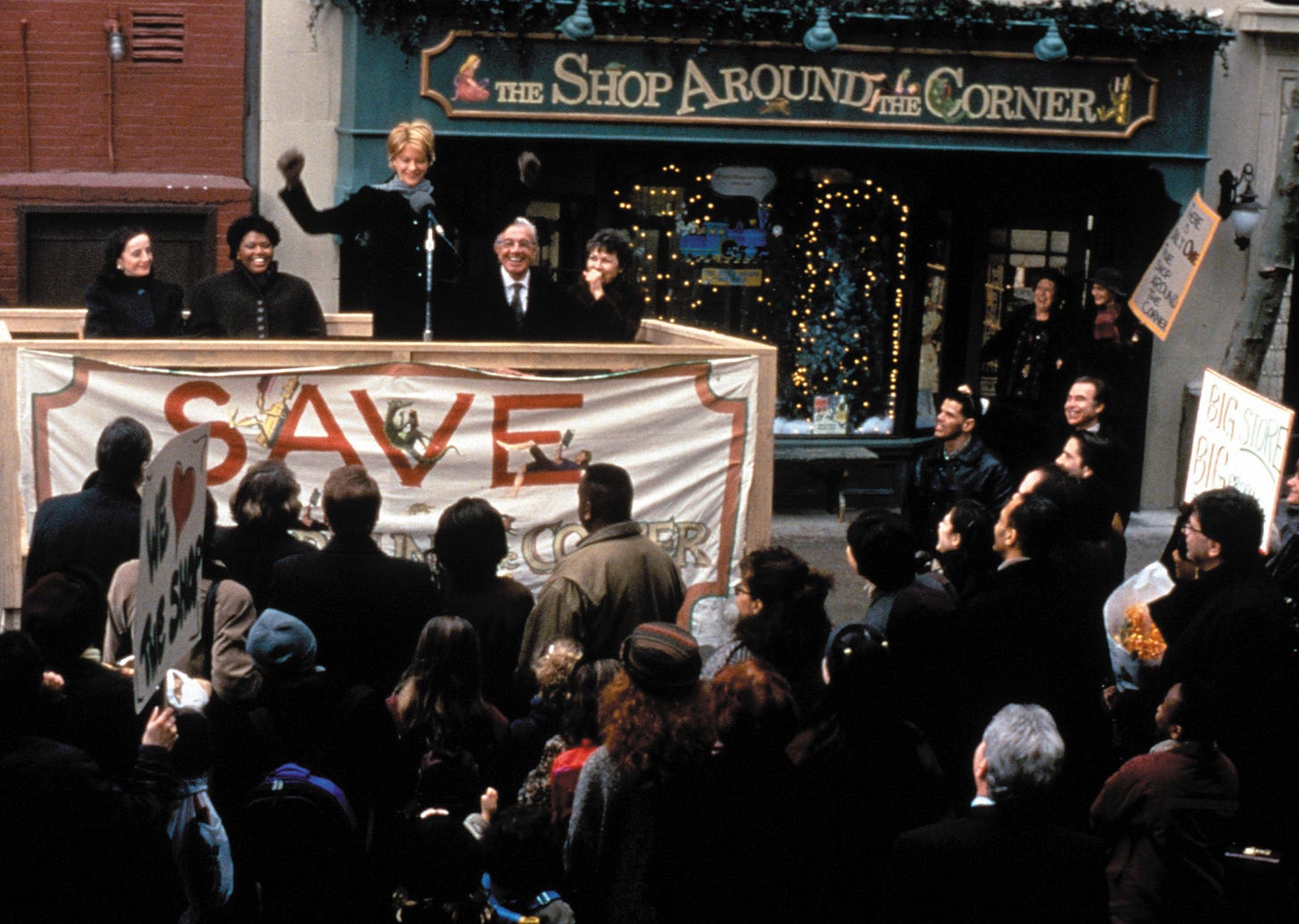This time last year a writer named Elle Griffin put a particularly feisty cat among the pigeons when she published an essay, right here on Substack, about the state of the book publishing industry. And it was as if she had let off a stink bomb in Hay Festival.
In case you missed it, Elle’s piece was a deep dive into court documents from the legal challenge against the proposed Penguin Random House/Simon & Schuster merger. Editors and agents had to hand over their sales figures and answer questions about how their business and the publishing industry worked and what it threw up was jaw-dropping.
The millions they were paying to celebrities. The relative pittance most other authors get paid. The huge stack of bibles they were still selling every year. And that 96 percent of books sold less than 1,000 copies.
No one buys books deduced Griffin in her Substack essay that quickly went viral.
Some people were furious, writing their own ripostes and dismissing Griffin as someone who didn’t really know about the industry, whilst others nodded quietly. Everyone suddenly had an opinion about the future of publishing, me included, but I didn’t join the noise.
Instead I’ve spent the past few months looking at data and talking to people - readers, booksellers, editors, PRs, plus heavy-hitters in other industries who can view the publishing industry as an outsider and bring their own experiences and ideas to the table.
And here’s the thing. It’s patently untrue that No-one Reads Books. Millions of books are sold every year and not even Nielsen or Bookstat reveal a true picture of just how big the book market is.
But still, it’s probably fair to say that the publishing industry is tougher than it once was. Publishers and authors are competing with Netflix, Instagram and Youtube for eye-balls and attention. The high cost of living in London has implications for attracting - and keeping - talented staff. Independent bookshops are finding it increasingly tough to compete with Amazon. Tiktok has become a powerful marketing tool but no-one can really predict or control what will go viral. Whilst the arrival of AI has thrown a curveball that no-one has never had to deal with before.
So here’s where I think it is all going. And what we can do about it. Because it’s always better to be in the business of solutions rather than in the mind-set of moaning.






